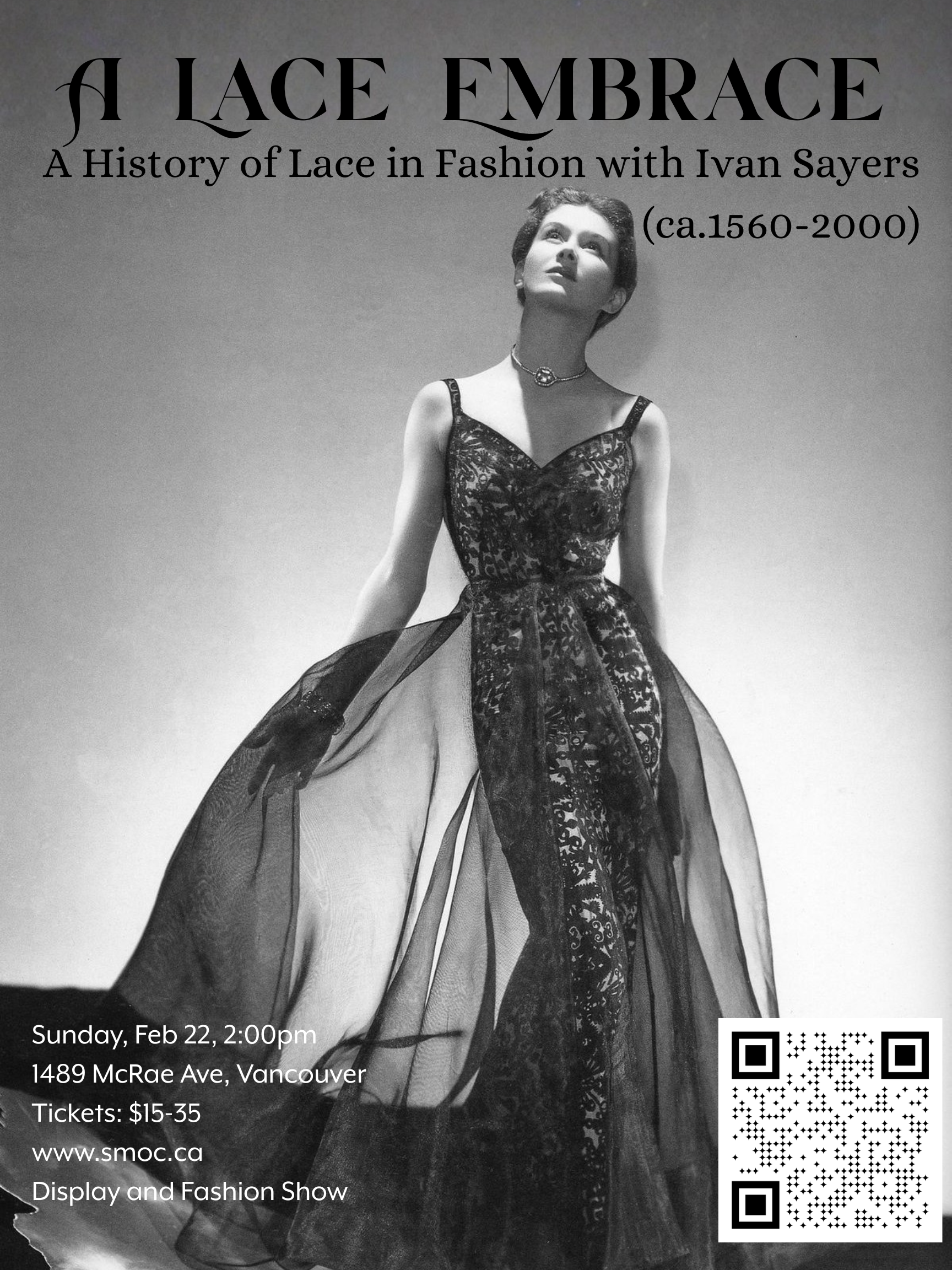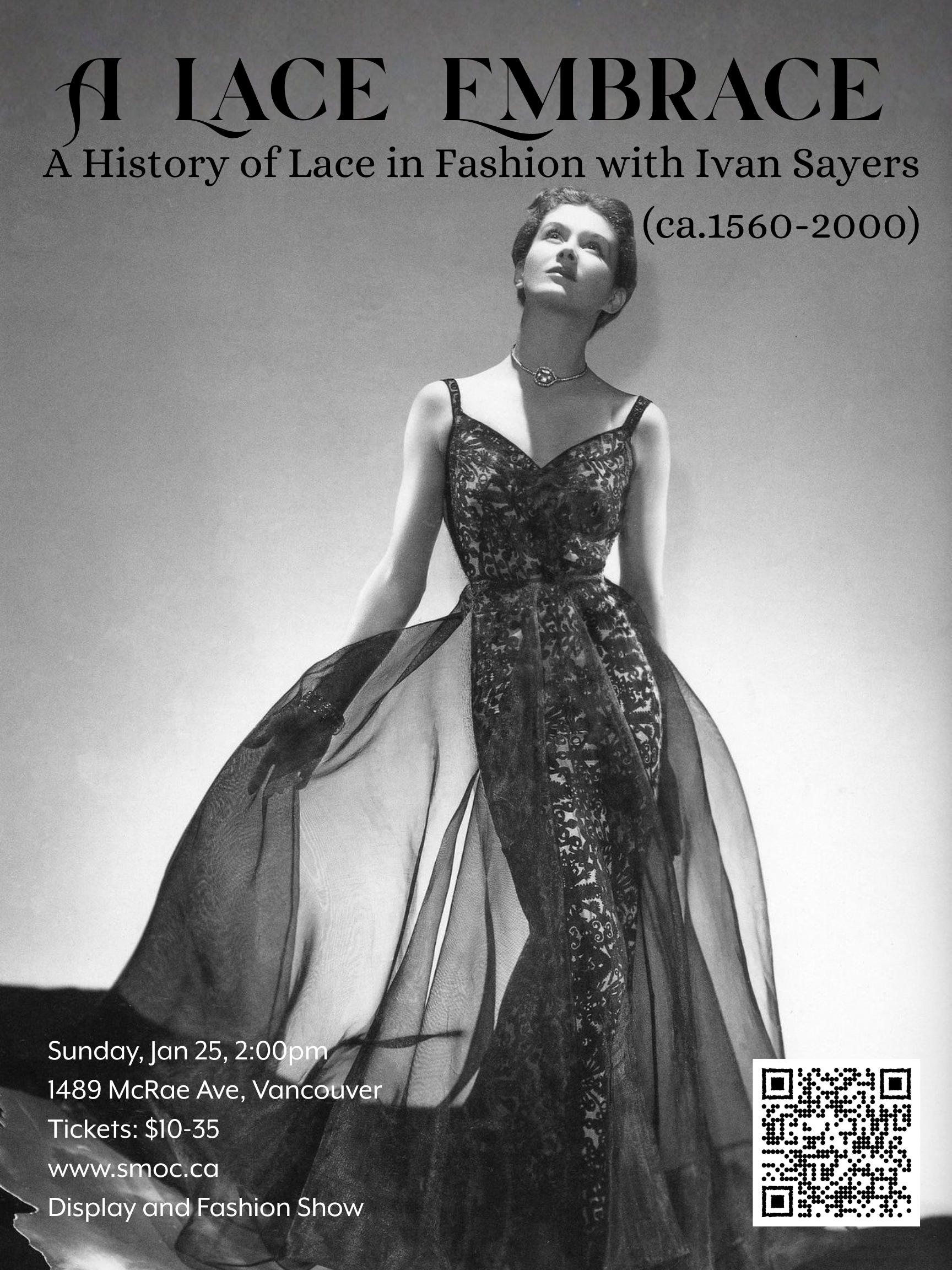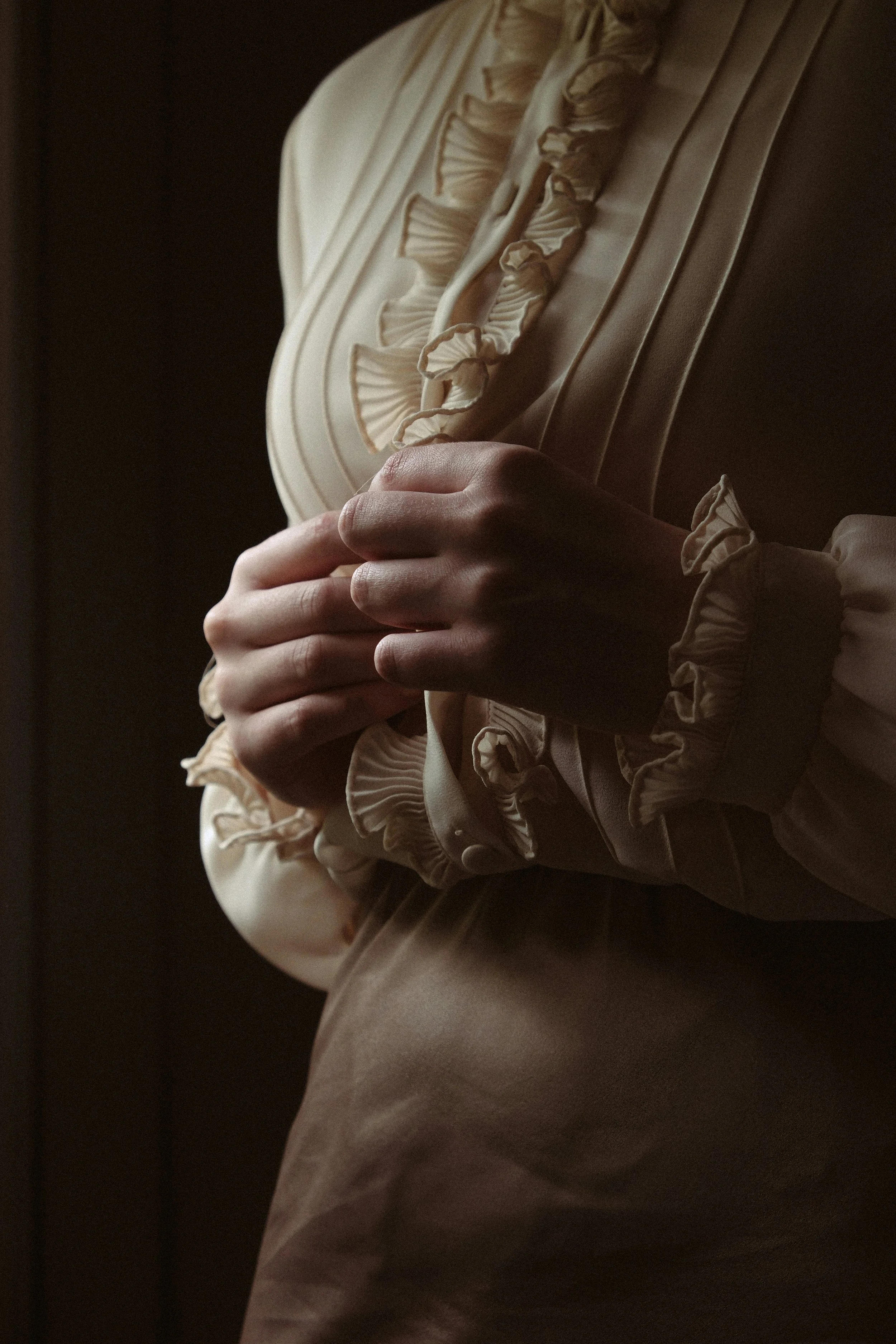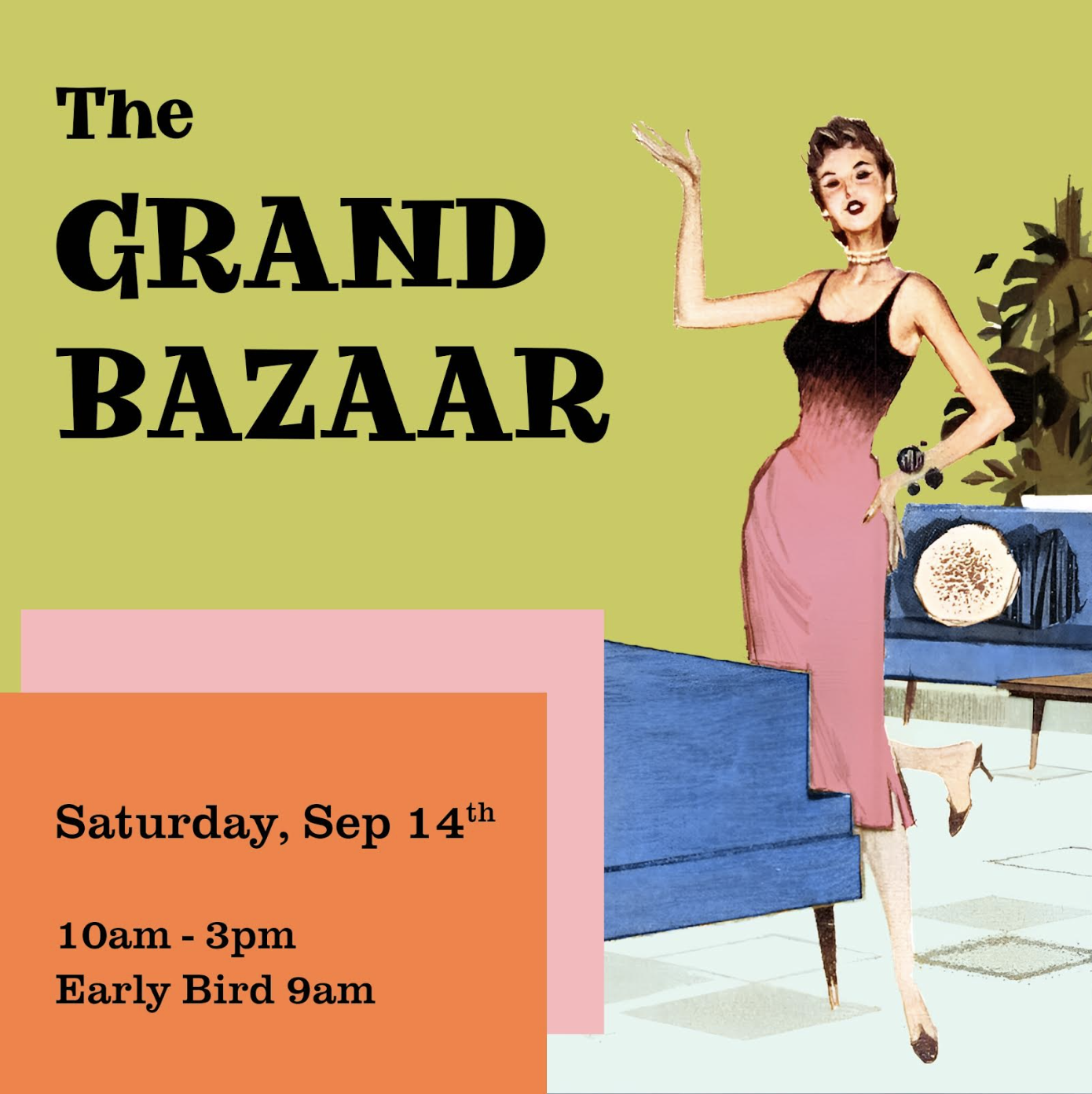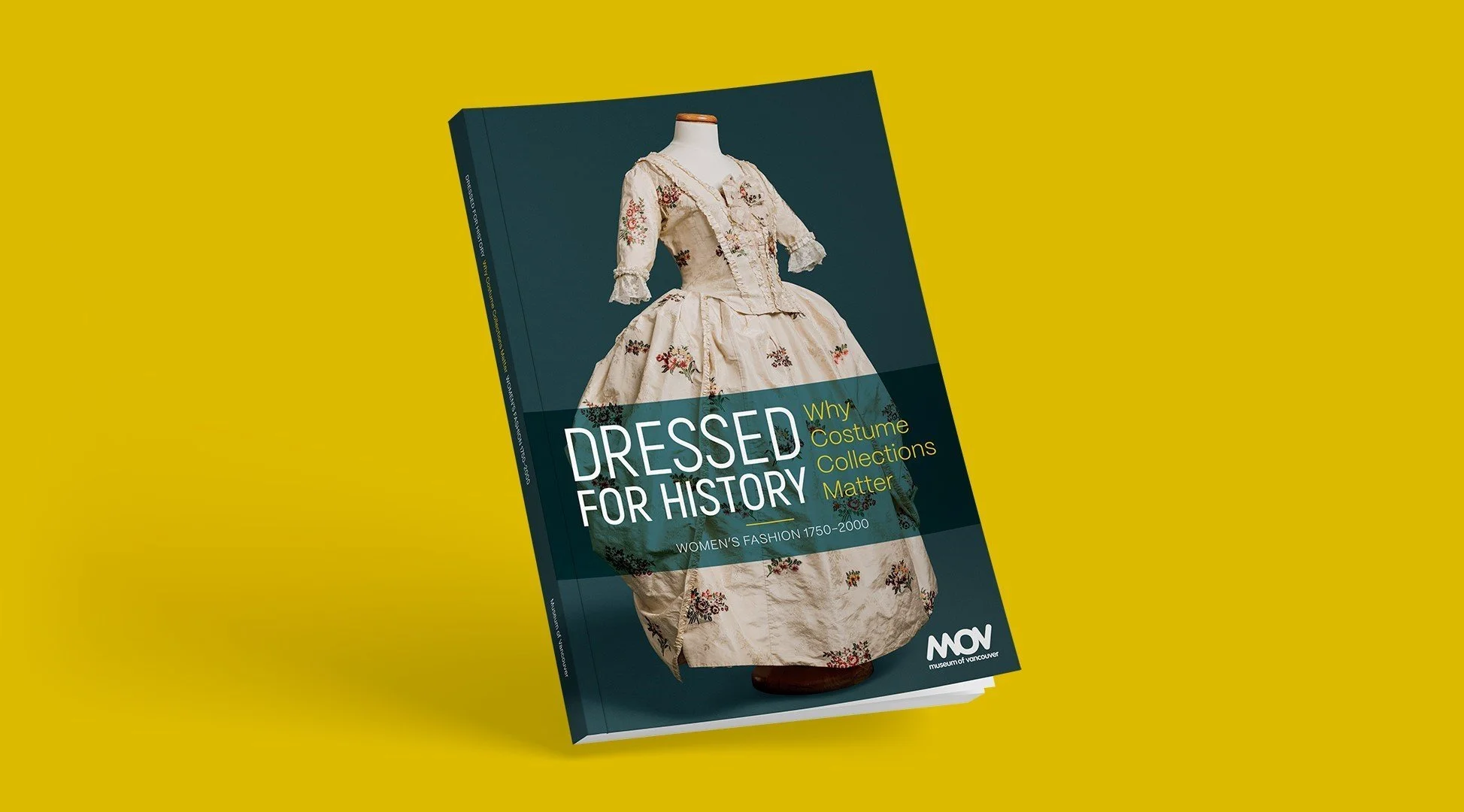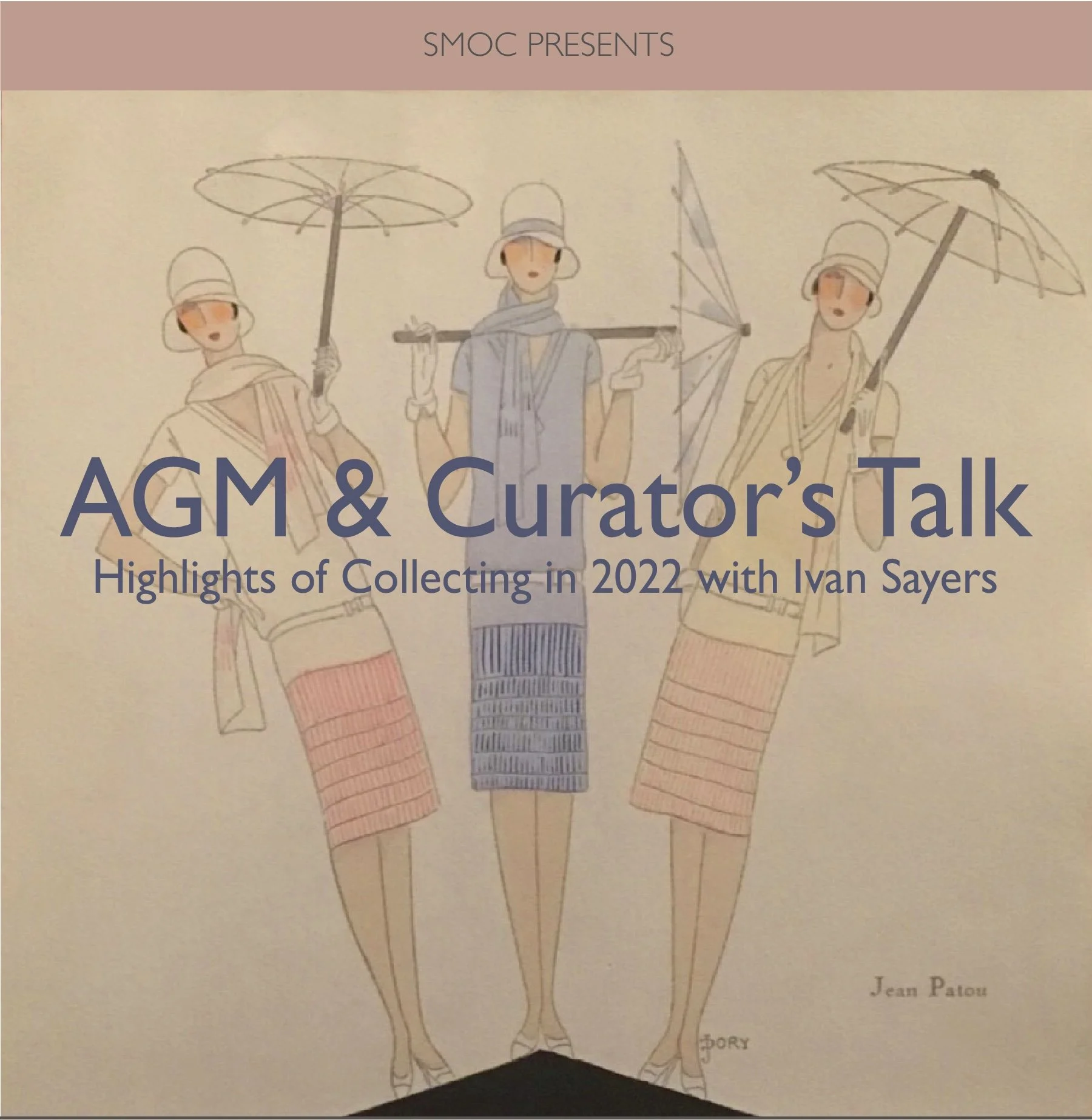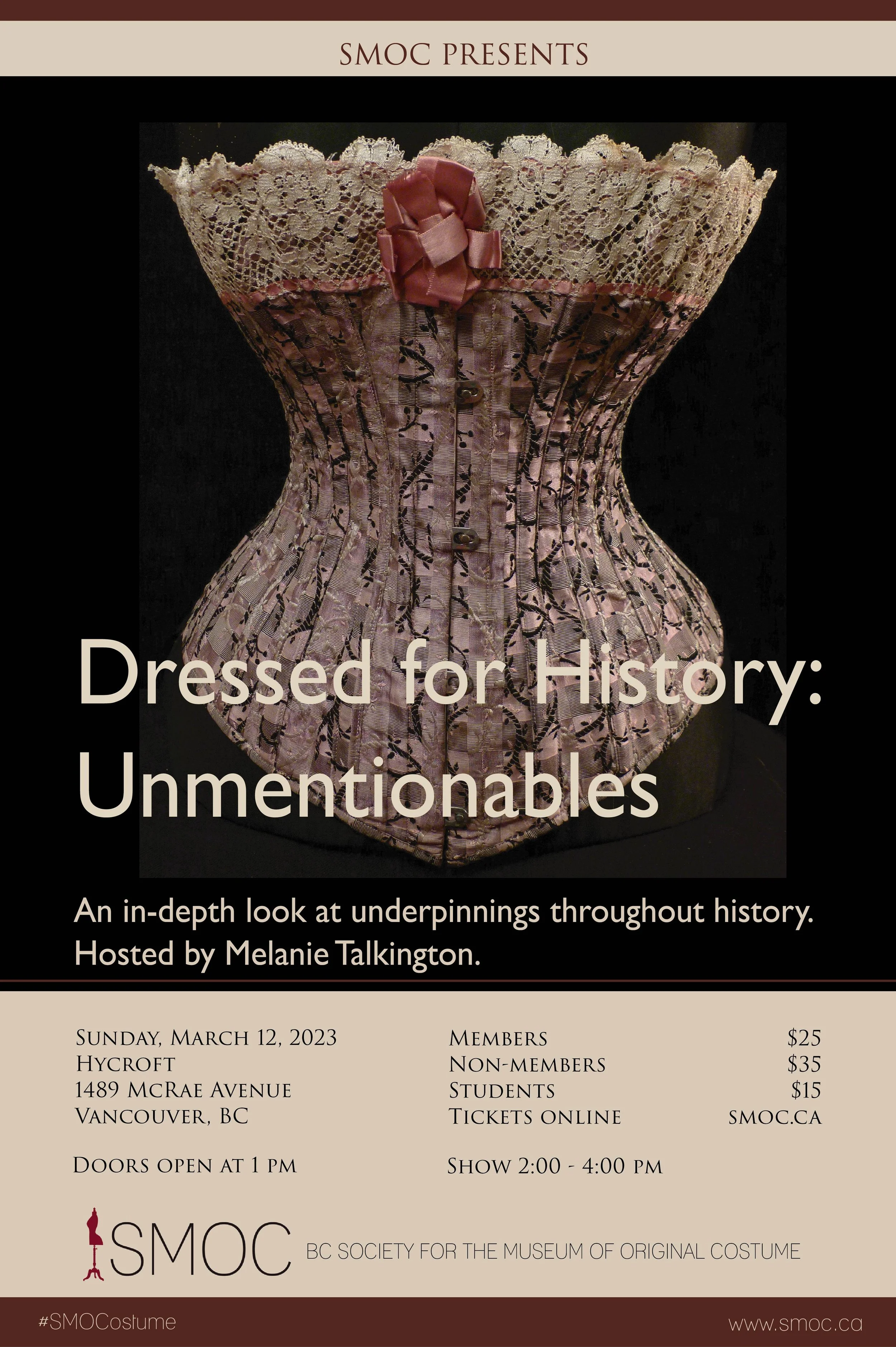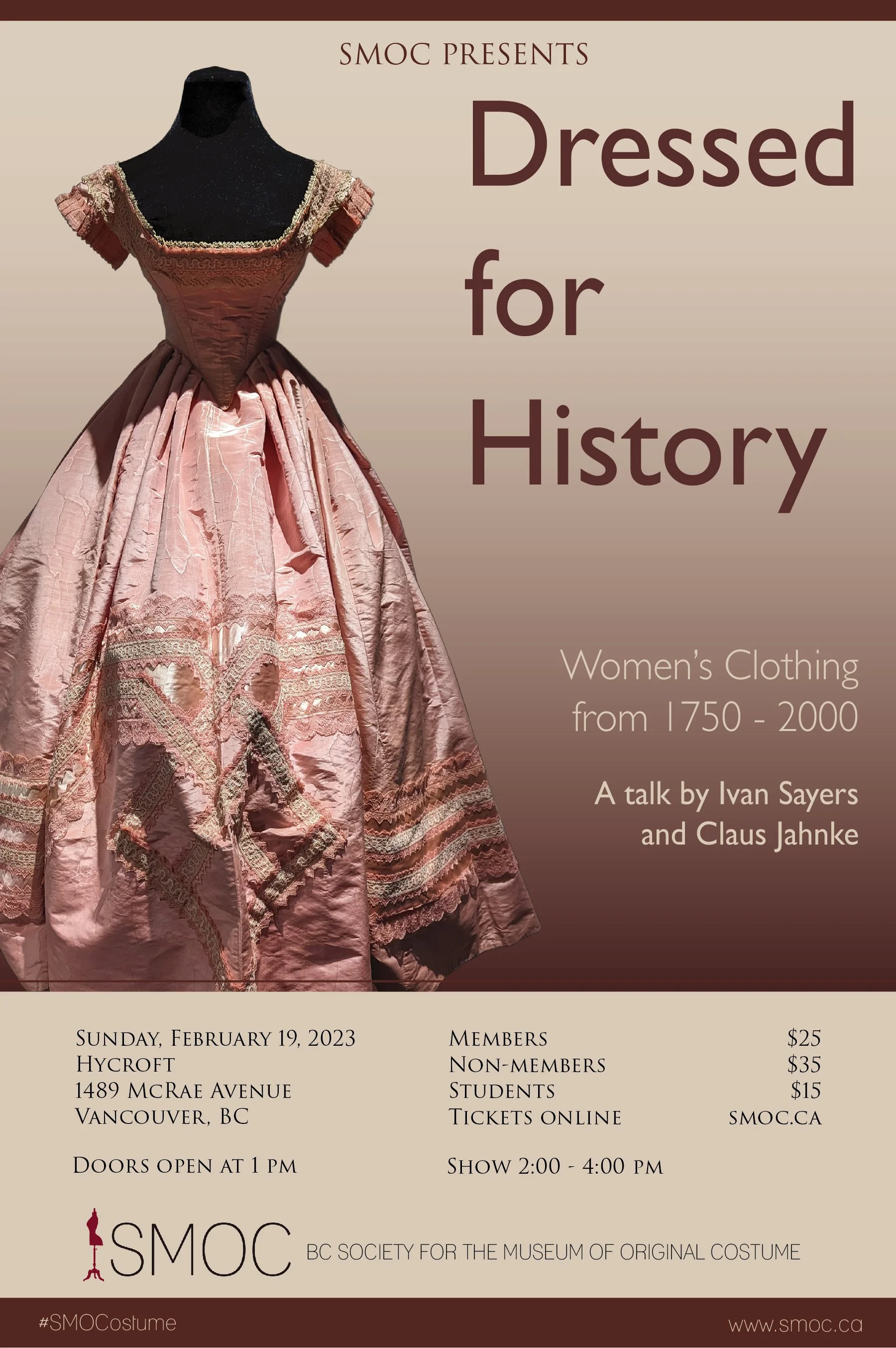Dr. Katrina Sark is the founder of the Canadian Fashion Scholars Network, the co-founder of the Urban Chic book series published by Intellect, and the co-author of Berliner Chic: A Locational History of Berlin Fashion (2011), Montréal Chic: A Locational History of Montreal Fashion (2016), and Copenhagen Chic: A Locational History of Copenhagen Fashion (2023). Her other publications include Branding Berlin (2023), Social Justice Pedagogies (2023), a special issue on Creativity, Craft, Fashion, and Gender also in Clothing Cultures (2025) and a special issue on Ethical Fashion and Empowerment in Clothing Cultures (2021). For over eighteen years, she has taught at different universities across Canada, Denmark, Germany, and Austria, developing programs and many interdisciplinary courses in Fashion Studies, History, Theory, Cultural Studies, Media Studies, Gender Studies, Design Studies, and Creativity Studies. She is the creator of Chic podcast, and launched The Critical Pulse online magazine to create a platform for young critical voices and established experts to help reform fashion media, industry, education, as well as fashion practices and consumption. She is currently consulting for the creative industries and coaching and helping individuals with creative projects.
About the Lecture: Bauhaus Fashion
Despite the fact that the Bauhaus school (1919–33) purposely restricted, streamlined and often discriminated against its female students and their creativity, and despite the fact that fashion and clothing were very deliberately excluded from the textile workshop production because the Bauhaus did not want to be associated with women’s crafts, “domesticity” and the “frivolity” of fashion, there are nonetheless several fashion objects that survived and many fashion histories that have not been included in the mainstream Bauhaus narratives. This presentation investigates the suppressed histories of Bauhaus fashion by tracing the origins and remains of several Bauhaus dresses, as well as by investigating the biographies of former Bauhaus students and teachers who had different careers in several fashion industries (in Paris, Prague, Germany, Switzerland, the Netherlands, etc.). My investigation revealed just how biased history and historiography can be, how certain (gendered) narratives fall through the cracks and how difficult it is to reconstruct an accurate representation of the multiple narratives that constitute the mythos of the Bauhaus.
